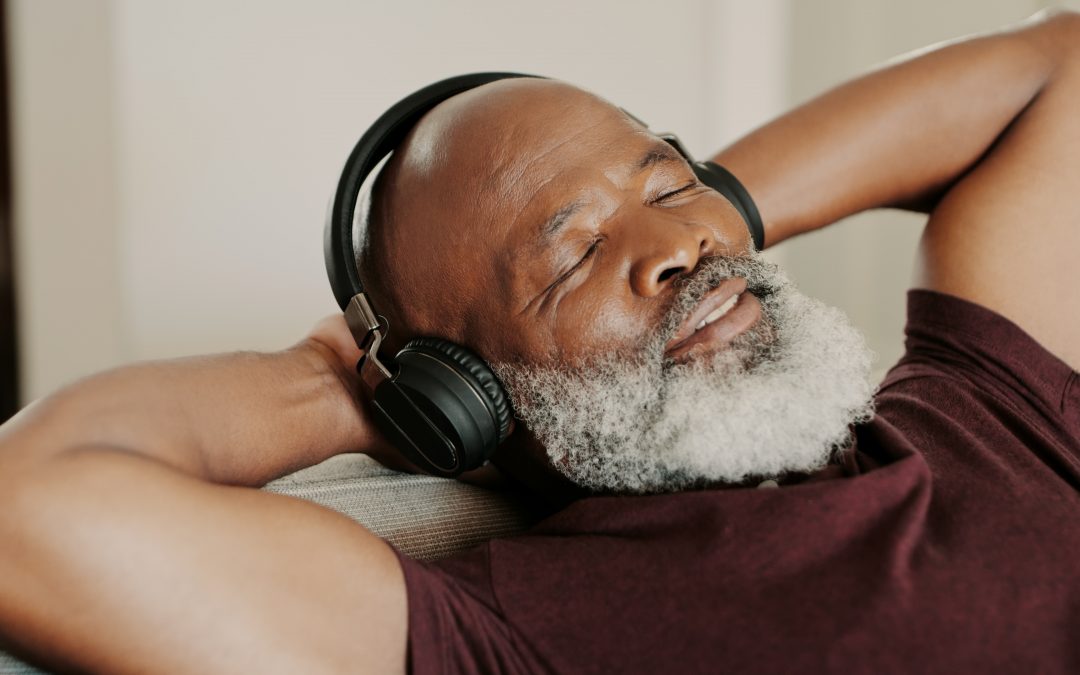Music has the power to move us. Envelope us in a hug of auditory warmth that can transport us far from where we are and from whatever we’re feeling, both emotionally and physically. Whether you’d call yourself a music buff or not, there are certain songs that each of us just connects with. They might conjure certain fond memories or allow us to momentarily lose ourselves, whatever it is, music has transformative energy.
Call it escapism by way of your favorite tracks or more simply; the art of distraction.
With chronic pain affecting roughly 50 million American adults, according to the CDC, and high-impact chronic pain wreaking havoc on the lives of 20 million more, the need for relief has never been higher. Sure, there are medications that can be taken, opioids being the most notable, but the risk for dependency is high as we’ve tragically come to find.
Physical therapy is hugely beneficial to reducing pain over time, increasing mobility, building strength and more, however it can be location and equipment dependent and requires considerable time and energy as well. That’s where music comes in and offers a simple, low-cost complement to a physical therapy program.
In fact, music is such a potent tool for healing that there’s an entire field dedicated to it called Music Therapy, which is the evidence-based use of music to address the physical, emotional, cognitive and social needs of an individual.
It bears repeating that it’s an evidence-based method for addressing what ails us and relieving pain, not just some random, fly by night alternative therapy.
A robust body of research points to the effectiveness of music to quell chronic pain, with one study showing that “listening to relaxing, pleasant, self-chosen music reduced pain and increased functional mobility significantly in fibromyalgia patients”.
Results from another study demonstrated “distraction and relaxation to be the most frequently perceived benefits of music reported by participants. Both frequent music listening and a perception of music as personally important were further found to relate to higher quality of life. Also, personal importance of music was significantly related to listening to help pain. These findings suggest beneficial effects of music listening to long-term pain”.
So, what’s really going on under the hood?
First, there is the basic distraction that’s happening with music literally causing you to more or less forget your pain momentarily. On top of that, music puts you into a relaxing state of mind which adds to the pain-relieving effects. Lastly, dopamine is at work as well. Listening to music actually releases the feel-good chemical which itself has a known role in analgesia aka pain relief.
Turns out your favorite song can also be great medicine.
With chronic pain affecting so many in this country, it’s comforting to know that relief is only a song away. Of course, music isn’t a cure-all and coupling its effects with physical therapy to strengthen the body and work against the pain creates a more holistic approach that can serve you even better.
If you’re curious about the power of music to relieve pain or how it can be incorporated into your rehab program, get in touch with us.
If you would like to learn more about Pacific Rehabilitation Centers, please read more about us or contact us.
